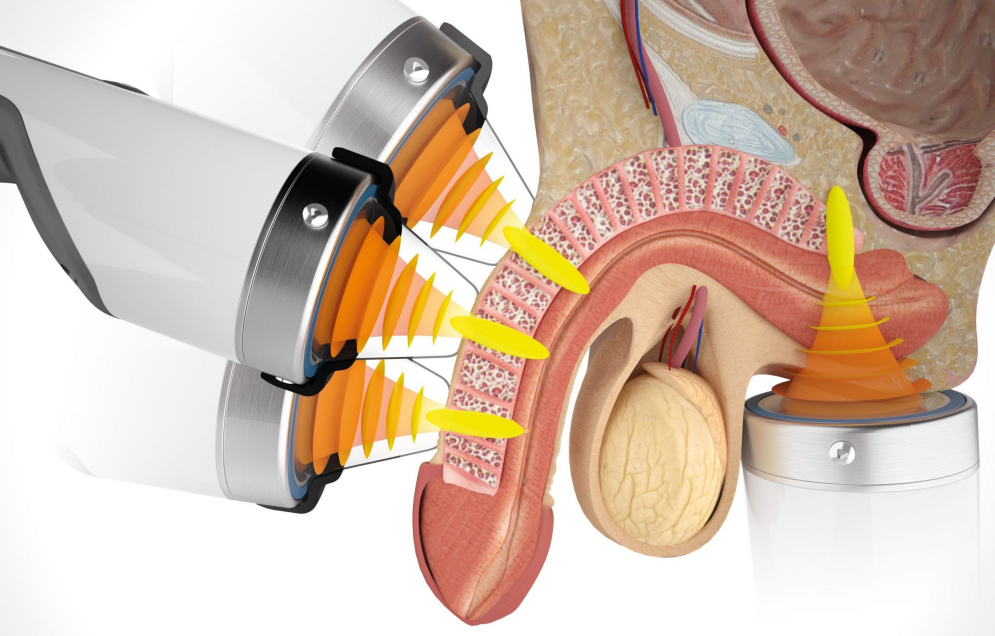Erectile dysfunction’s something that hits quite a number of folks, way more than many might think. It’s not just a matter of not being able to perform in the bedroom; it messes with self-esteem, confidence, and even relationships too. Often there’s this feeling of isolation, where many guys think they’re the only ones going through it.
But get this: ED isn’t just an old man’s game. Sure, it gets more common with age, but guys in their 20s and 30s aren’t off the hook either. Stress, anxiety, and lifestyle choices can strike early if you’re not careful.
Speaking of lifestyle, things like smoking, drinking, and living the couch-potato life can really do a number on your vascular health, which is central to how things function downstairs. You see, it’s not just psychological; there’s a whole physical side that’s equally important.
And then there’s the issue of stigma. Men often shy away from talking about it with their docs or even their close friends. The taboo surrounding ED can make it seem like a dark, lonely path to walk. Opening up conversations about these kinds of topics is crucial, not just for treatment, but for understanding and acceptance.
So, why pay attention? Because grasping what ED is and what it means could be the first step toward fixing the issue. It’s about time men feel empowered to seek proper medical help and expert advice, moving past the whispers and shame to reclaim control over their health.
Exploring the Root Causes of Erectile Dysfunction
When it comes to understanding what’s behind erectile dysfunction, it’s a bit like solving a puzzle. A lot of pieces fit together to cause the bigger picture. Physical health plays a massive role here. Conditions like diabetes, heart disease, and hypertension often go hand-in-hand with ED. Basically, if your heart’s not in peak shape, your performance might not be either.
Then, there’s the important talk about lifestyle. Smoking? Yeah, that’s notorious for being a line cutter in blood flow, which is crucial in erections. Heavy drinking and lack of exercise aren’t doing any favors either. A weak erection sometimes cries out from these lifestyle choices, especially noticeable in younger men who might think they’re invincible.
Medications might also be contributing more than you realize. Certain drugs, particularly some used for depression and blood pressure, have been known to throw a spanner in the works, leading to erectile dysfunction. If you’re noticing symptoms after starting a medication, that might be a conversation worth having with your doctor.
Not to forget, mental health is also a key player. Stress, anxiety, and even depression can heavily impact performance. Modern life brings its fair share of pressures, and sometimes, these weigh heavier on younger guys leading them down a road they weren’t expecting to take.
Trying to figure out the main culprit? The biggest donkey on the blame list is often cardiovascular problems. Blood flow matters more than you might imagine for things to function properly. So working with healthcare professionals to hone in on the exact cause is a smart move. It’s like having an experienced mechanic look under the hood to fix what’s broken, ensuring a smoother ride ahead.
Proactive Solutions and Exercises for Managing ED
Tackling erectile dysfunction isn’t just about addressing the problem; it’s about taking charge of overall health. Physical activity tops the list when it comes to naturally boosting erectile function. A simple yet powerful routine is walking—bare minimum, a daily 30-minute brisk walk can yield impressive benefits, giving your circulation the nudge it might need.
Exercise does more than just pump blood; it’s a mental health booster, too. The endorphins released help combat stress and anxiety, which are often uninvited guests at this party. Strength training and yoga can mix up routines while building strength and flexibility—both helpful in boosting confidence.
Lifestyle tweaks, such as cutting back on smoking and alcohol, often show results. A cleaner lifestyle supports better overall circulation, which is critical for performance. It’s not about flipping your life in one go, but small changes can make a picture-perfect difference.
For those wondering about how to manage ED at 50 and beyond, prioritizing heart health is crucial. This means minding cholesterol levels, maintaining a healthy weight, and keeping regular health check-ups. It’s a holistic approach, meaning body and mind work together to fuel sexual health.
While many search for quick fixes or miracle pills, the honest solution lies in consistent lifestyle changes. Embrace a diet rich in fruits, veggies, lean proteins, and whole grains to support vascular health. Think of each meal as a step toward long-term well-being.
Seeking professional help can also guide the way forward. Partnering up with a healthcare provider means you won’t face it all alone. They can offer advice tailored to your specific situation, ensuring that the path you’re walking offers lasting relief and health benefits.
Consulting Medical Experts and Moving Forward
Grabbing the bull by the horns when it comes to erectile dysfunction often means one vital step: consulting with the right medical experts. It starts with transparently discussing symptoms and undergoing an erectile dysfunction test. These tests are generally painless and offer valuable insights, guiding the next steps in treatment.
Healthcare providers look at the full picture, considering everything from blood pressure to testosterone levels. Some may recommend therapy sessions to help untangle any stress or anxiety adding to the issue. For others, medications might be the best route. Before trying any over-the-counter fixes, getting professional advice ensures you’re not doing more harm than good.
There’s also value in exploring alternative therapies. Acupuncture and herbal supplements rank among those used by men looking for more holistic approaches. While they offer potential, it’s essential to ensure these methods are safe and backed by solid guidance from professionals.
Treatment aside, knowledge and support play major roles. Connecting with support groups or communities helps break down walls of taboo. Sharing stories and advice eases the feeling of isolation and opens doors to new solutions one might not consider alone.
Wrapping up, living with ED doesn’t mean giving up hope. With expert advice, consistent lifestyle choices, and open dialogue, you can build a vital path to a satisfying and healthy life. It’s about moving forward confidently, knowing there’s a solid foundation beneath.
So remember, take the proactive steps and consult with the right experts—because everyone deserves to live life confidently and comfortably.

